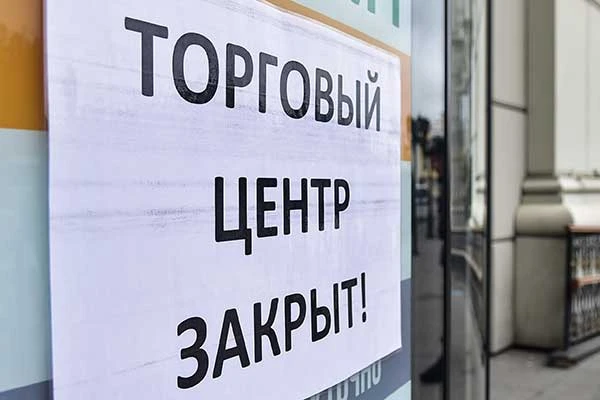
The official subsistence minimum is set at 200 euros.
The State Duma has prepared a bill on indexing citizens' wages at least once a year and by amounts not lower than the level of inflation. It seems that the elected representatives live in a world that does not exist in reality.
Rosstat reports that in August, the average salary across the country exceeded 150,000 rubles in 24 sectors of the economy, while a year earlier there were half as many such sectors. The average salary in the country now stands at 92,900 rubles compared to last year's 82,200 rubles. Considering that inflation in Russia at the end of 2024 was 9.52%, according to the proposed bill, the annual increase should have raised the average salary to 90,000 rubles. In other words, real life has outpaced the deputies' intentions.
However, the 10,000 rubles already received as an increase in the last year is the "average temperature in the hospital," while in reality, gas producers in the Arctic receive over 300,000 rubles, gold miners in Kamchatka earn 250,000 rubles, product sorters in Moscow marketplaces (without work experience and qualifications) make over 155,000 rubles, and fast-footed couriers in the capital earn even double that. Meanwhile, nurses in provincial clinics take home only 45,000 rubles. Thus, the "salary indexing" turned out to be very varied.
There are few well-off workers in the country: according to statistics, only 7.5% earn more than 200,000 rubles a month, although in Chukotka, 36.5% of employees in large and medium-sized enterprises fall into this category. However, according to the Central Bank, almost the same proportion of the population — 7% of Russians — do not have enough money even for food, and 20% have problems buying clothing and footwear. As a result, 27% of residents cannot meet basic needs.
Last year, according to the same surveys by the Bank of Russia, 93% of enterprises implemented salary indexing. At the same time, 43% of companies raised employee wages by 10-20%, 38% within 10%, and 19% by more than 20%. The same plans for 2026 were reported by 75% of companies. Conversely, up to a quarter of organizations planned to cut expenses, according to the Regroup agency.
An increasing share of compensation consists of bonuses for meeting targets, and a review of wages is guaranteed only for the most valuable employees. The reason is simple: a severe labor shortage exists in almost all sectors of the economy. As reported by the services "Rabota.ru" and "SberPodbor," in the second quarter of 2025, 26% of Russian companies raised employee salaries to keep them from moving to competitors.
However, such statistics pertain to large and medium-sized enterprises, but not to small businesses. The latter often take advantage of the non-mandatory nature of labor laws regarding salary compensation — not so much out of greed from owners, but out of fear of bankrupting their firms.
The "Rambler" service reports extremely low (official) median salaries for the following professions: social worker — 20-28 thousand rubles, agricultural worker — 22-30 thousand rubles, janitor — 26-33 thousand rubles, security guard — 30-40 thousand rubles. However, all these people should consider themselves more or less well-off, as they are paid no less than the minimum wage, which currently stands at 22,400 rubles per month. The subsistence minimum in Russia is set at 19,329 rubles for the working population (about 200 euros), 15,250 rubles for pensioners, and 17,201 rubles for children. The new order established in 2023 regarding the ratio between the minimum wage and the subsistence minimum, under which the growth of the former must outpace the latter by at least 3%, seems somewhat ironic.
"Inflation indexing," if legalized today, should add 20-40 thousand rubles monthly for gas workers, miners, and couriers, while a nurse might receive 2-3 thousand rubles, and a janitor even less. This means that those who are already well-off will not be significantly enriched, and those struggling to make ends meet will receive little help.
It is clear that neither the poor nor the rich would refuse any increase. As studies by the Higher School of Management have shown, the desired range for increasing the already received salary of a Russian from any social layer (from students to deputy ministers) is from 1.5 to 3.5 times, but if averaged, the result will be 2 times. This will not happen anywhere and anytime unless the country experiences hyperinflation. However, Russia has already faced it: the older generation remembers times when salaries were 80-120 rubles, but vodka cost 2.87 rubles and pastries were 22 kopecks.


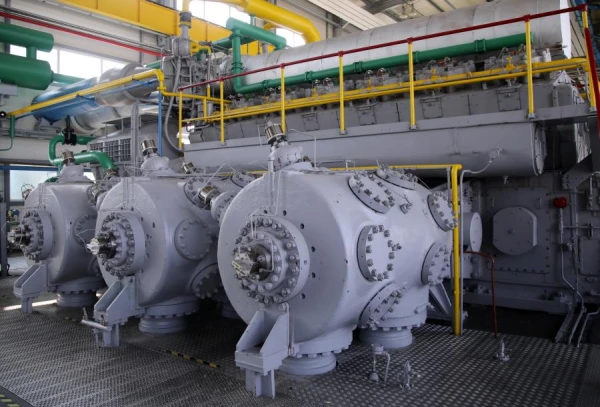
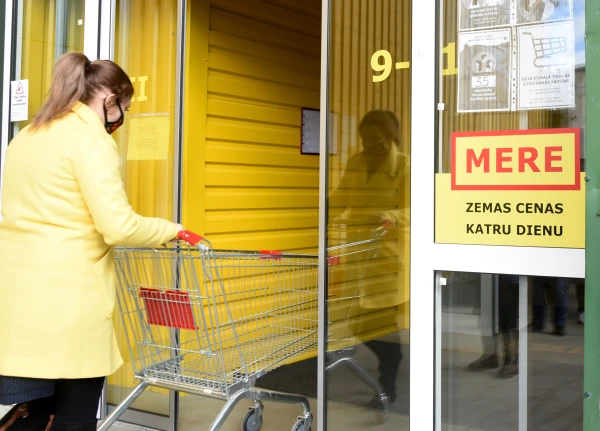


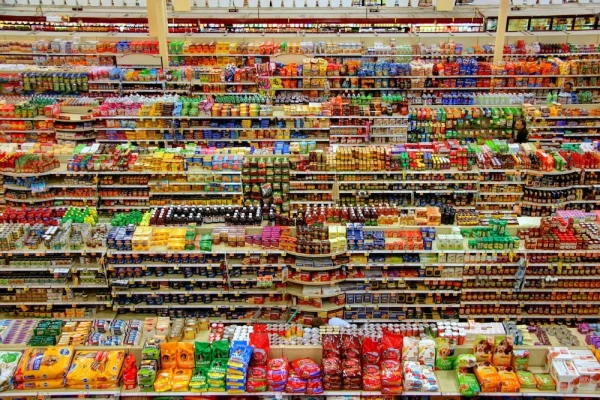
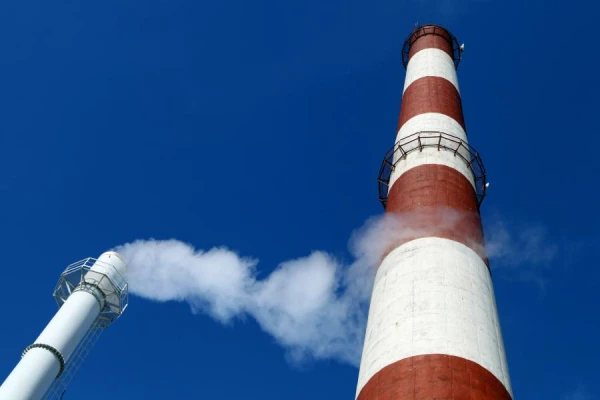
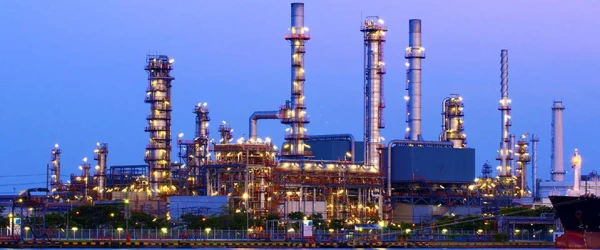

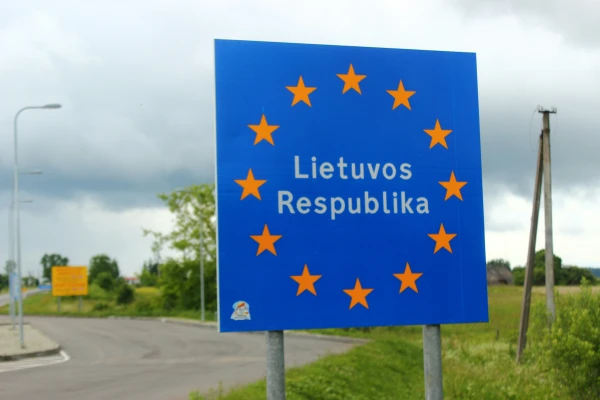


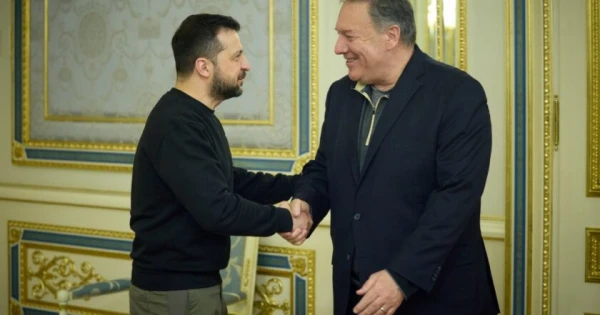

Leave a comment